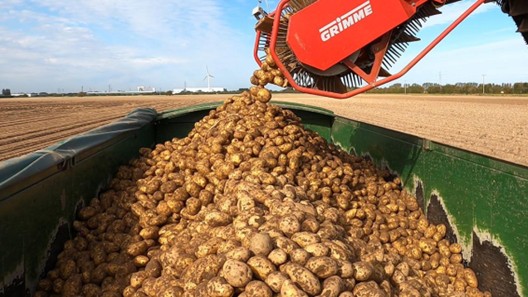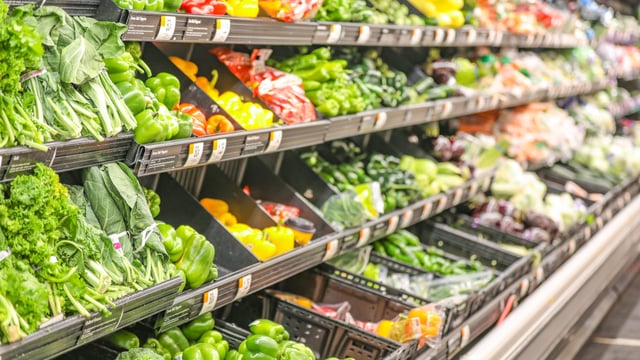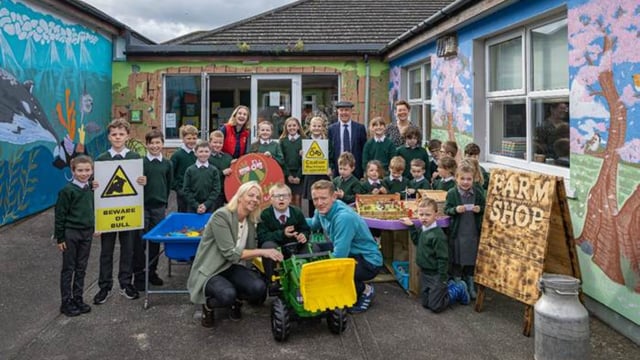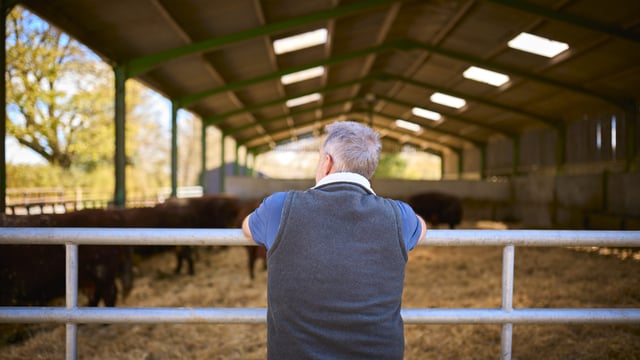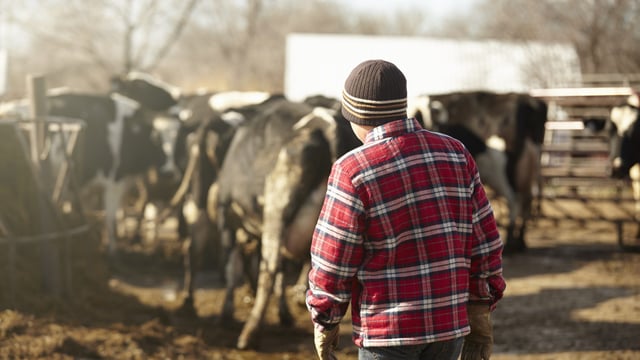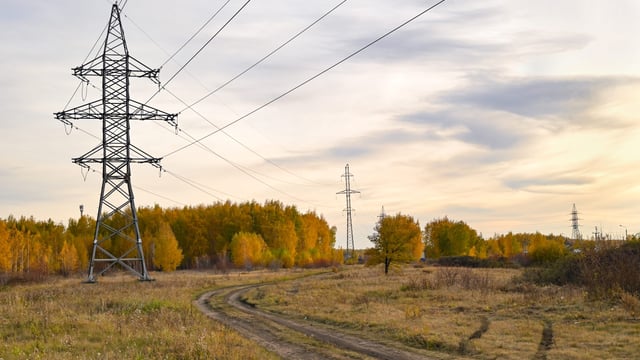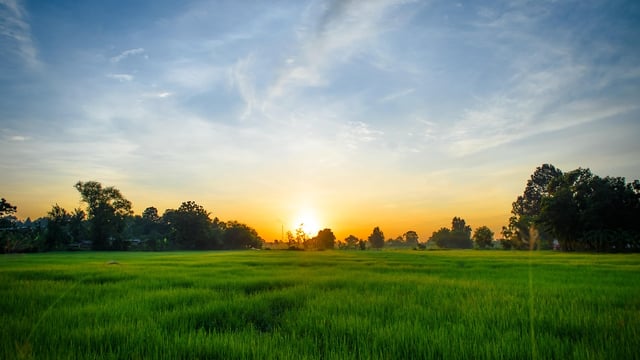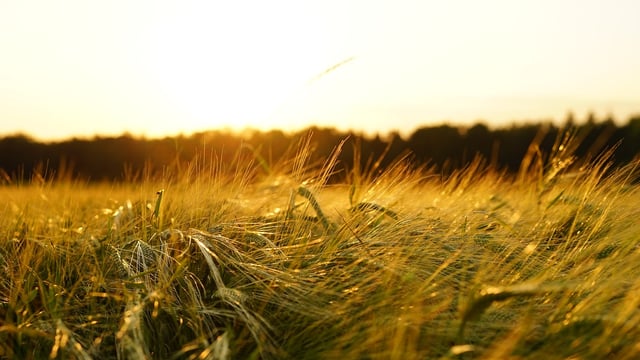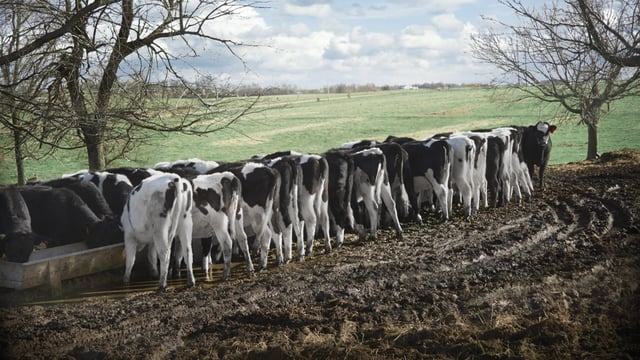Autumn planting well underway in Northern Ireland
Co. Down-based agronomist, Richard Owens, has confirmed to Agriland that the autumn planting of cereal crops is well underway in Northern Ireland.
He said: “Ground conditions were excellent last week and growers took the opportunity of planting out significant acreages of winter barley and winter wheat.
“A significant area of hybrid rye has also been drilled over recent days, mostly for the production of wholecrop silage next year.
“Farmers find rye to be a heavy yielding, easy-to-grow crop.”
“Heavy rain followed over the weekend, which has brought planting - pretty much - to a halt.”
BYDV
A trend already identified by the agronomist for the 2025/2026 planting season is the growing interest in Barley Yellow Dwarf Virus (BYDV) tolerant varieties of winter barley.
Owens added: “BYDV is very hard to gauge. Last autumn was very mild. Yet the disease did not seem to have that great an impact on winter cereal yields come harvest time.”
Winter barley varieties in strong demand at the present time with growers in Northern Ireland include Cassia and Tardis. Both are two-row varieties.
According to Owens: “Two new varieties of note for 2025/2026 are Orcade and Integral. Both have BYDV tolerance. Integral is a six-row option; Orcade is a two-row variety.
"Seed sales are slightly behind this time last year. But the weather may well be a big factor in this regard."
Potatoes
Turning to the 2025 potato harvest in Northern Ireland, Richard Owens indicated that 20% of this year maincrop had been lifted at this stage.
He said: “Up to now, potatoes have been lifted for direct sale. Very few potatoes have been put into store at this stage.
“Soil and air temperatures are still very mild.
"As a consequence, growers with ambient stores do not want to put tubers into sheds, thereby running the risk of their newly harvested crops sprouting.”
According to the agronomist, potato yields are holding up quite well, despite the drought conditions that impacted on crops during the summer months.
“The eating quality of the 2025 crops is excellent. Scab is an issue, particularly in some crops of Maris Piper," Owens said.
“But it’s still very early to quantify the extent of the issue. The dry growing season may have something to do with it.
“There is also some evidence to show that a calcium deficiency in crops can lead to bruising becoming an issue in some cases.”
However, Owens also noted that the main hurdle may come from another direction.
“The real challenge confronting potato growers at the present time is that of very weak prices,” he said.


